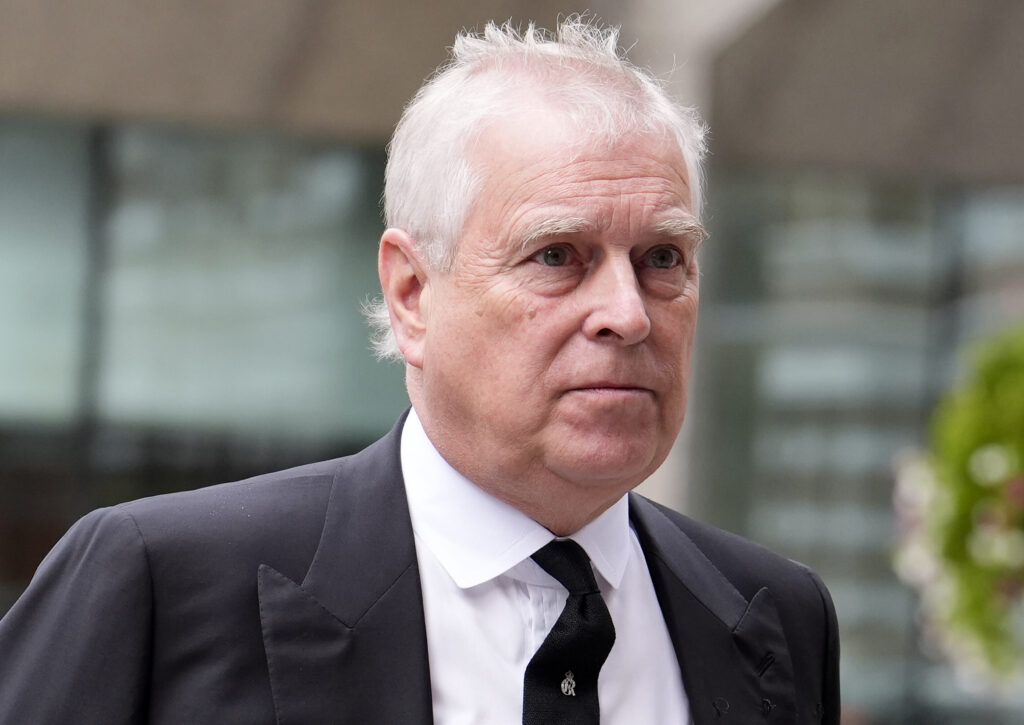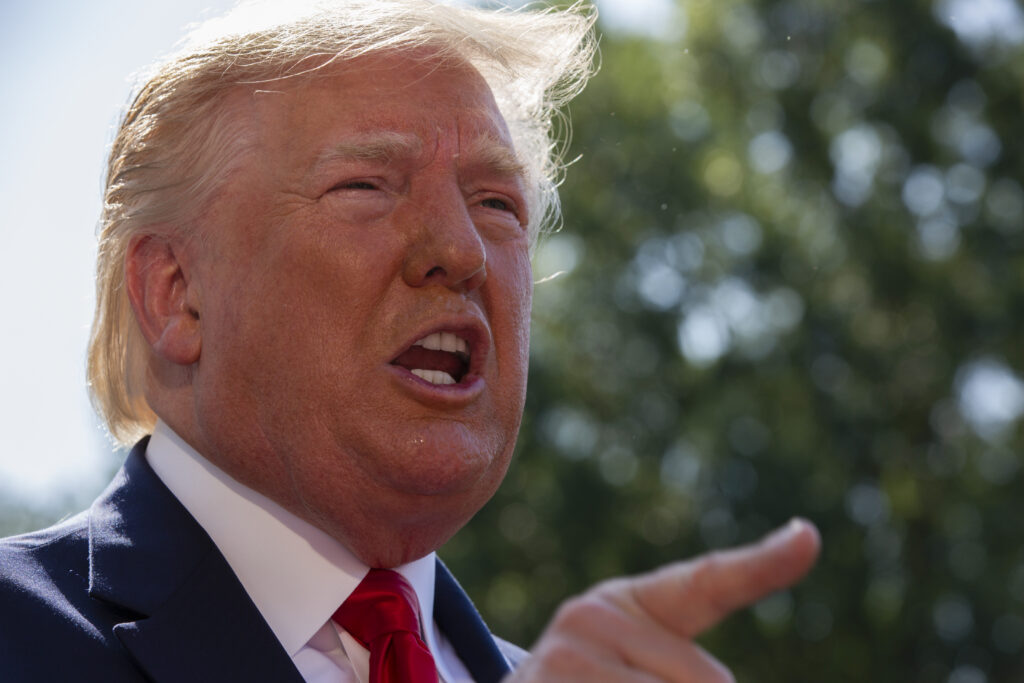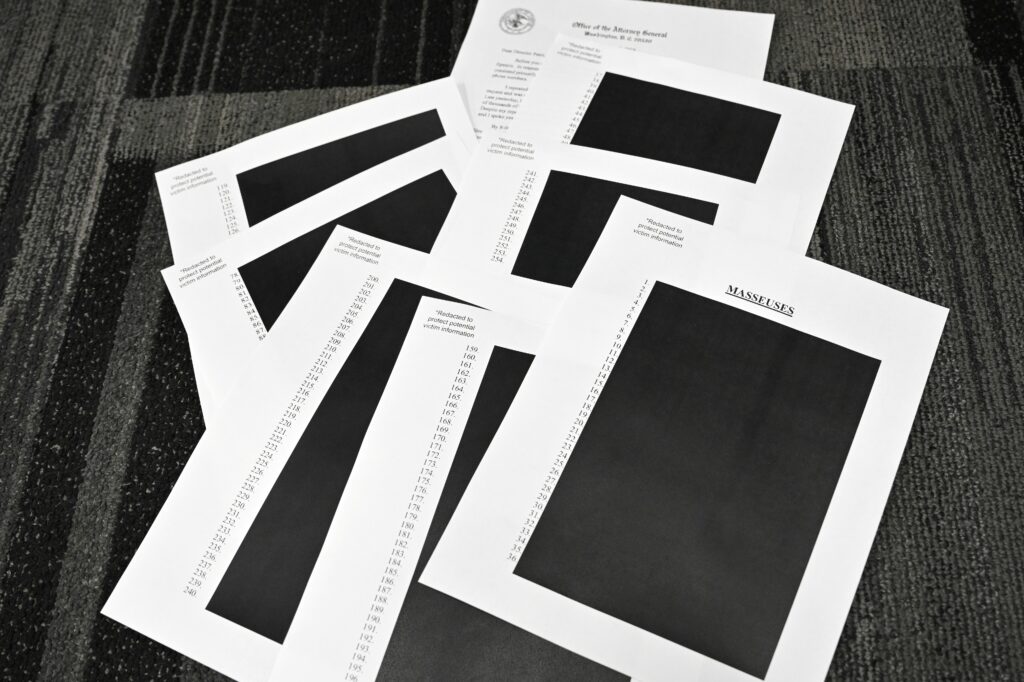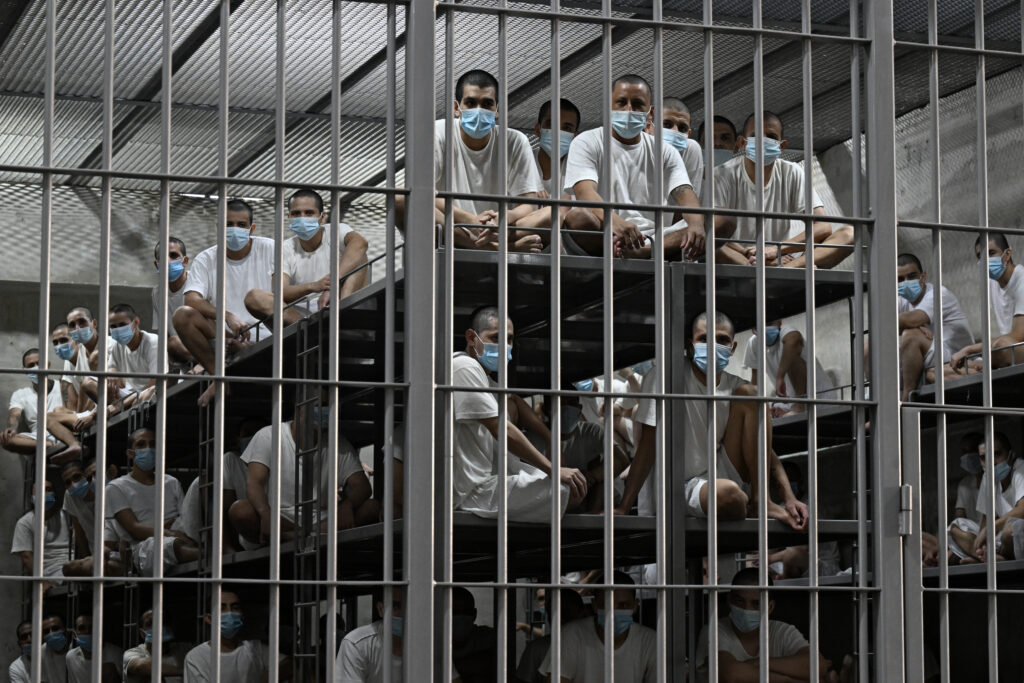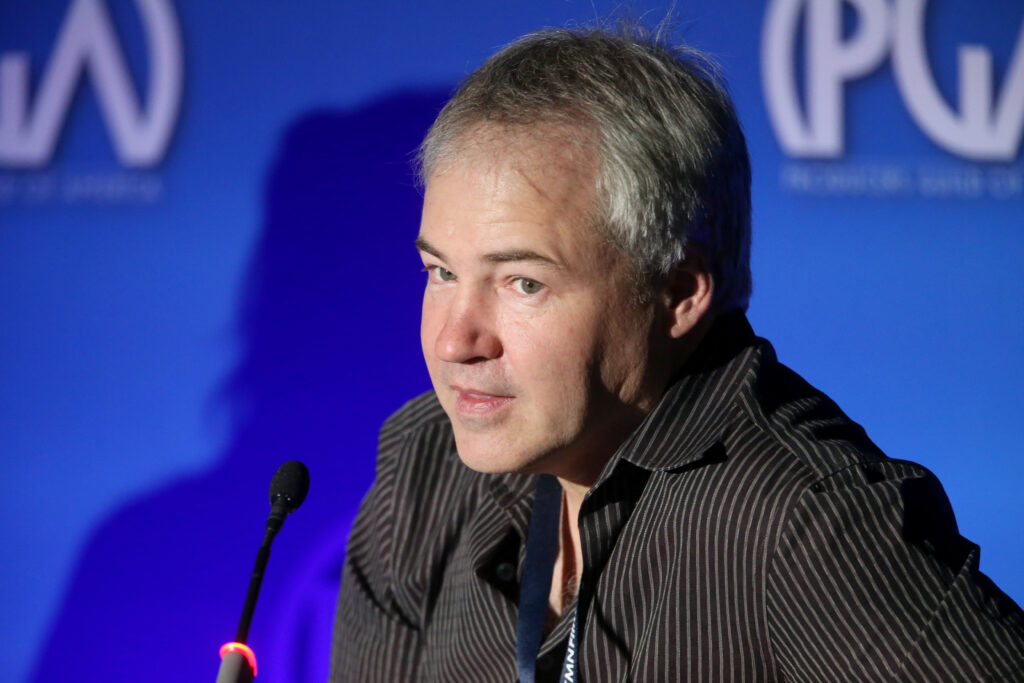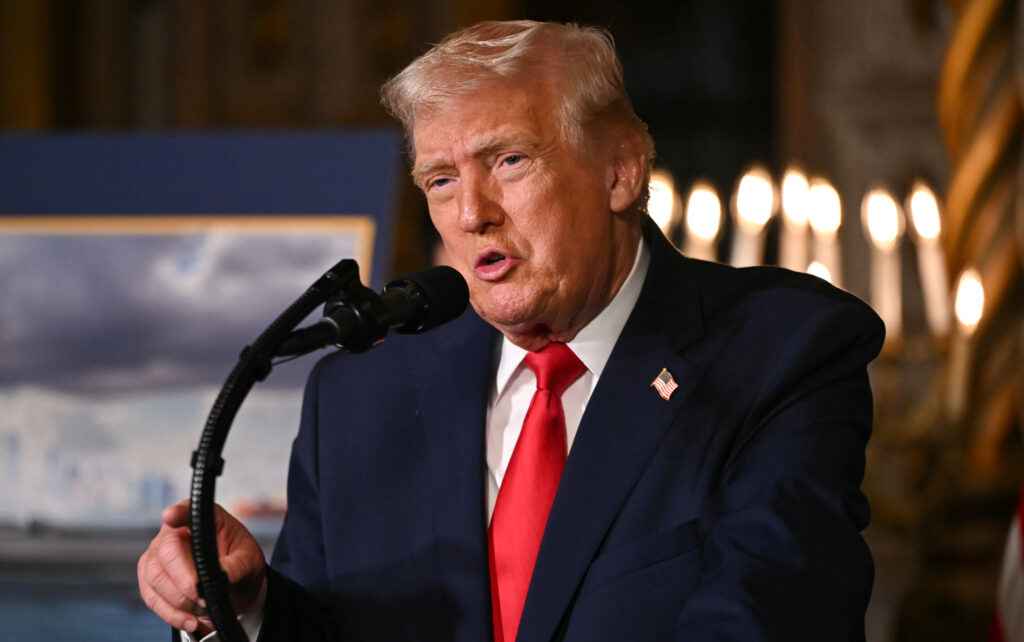Latest Epstein files renew scrutiny of Britain’s ex-prince Andrew
A man who appears to be Britain’s former prince Andrew discussed arranging meetings with “inappropriate friends” with Ghislaine Maxwell, the accomplice of notorious sex offender Jeffrey Epstein, according to newly released US government documents.The emails are among nearly 30,000 pages made public by the US Justice Department under a transparency law and add fresh detail to the long-running controversy surrounding Andrew’s links to Epstein and Maxwell.The correspondence dates from 2001 and 2002 and was sent from an account using the alias “The Invisible Man” and signing off as “A.” In one August 2001 message, the writer says he is staying at Balmoral, the British royal family’s summer residence in Scotland, and asks Maxwell: “Have you found me some new inappropriate friends?”While the author is not explicitly named, several details point toward the former prince, whose royal titles were stripped in the fallout from the scandal.The emails refer to Balmoral, to a valet who had served the writer since childhood and to leaving the “RN” — a reference to the Royal Navy, which Andrew left in July 2001. Andrew has previously acknowledged his friendship with Maxwell and Epstein but has denied all allegations of wrongdoing.In the exchange, Maxwell replies apologetically that she has found only “appropriate” friends, prompting a terse response from “A”: “Distraught!” In another email chain from early 2002, Maxwell forwards correspondence about a proposed trip to Peru that includes plans to introduce “Andrew” to companions described as “friendly and discreet.”Maxwell, who is serving a 20-year jail sentence for sex trafficking, suggests to her acquaintance that he organize some “two-legged sight-seeing.”Files highlighted by American media also illuminate tensions between Andrew and US prosecutors, with internal Justice Department emails showing lawyers debating how to respond publicly to claims by his legal team that he was willing to cooperate.Prosecutors privately disputed those claims and later accused him of offering “zero cooperation” when asked to submit to an interview.US authorities sought to question Andrew in connection with investigations into Epstein — whose 2019 jailhouse death has been ruled a suicide — although the royal was not a criminal target.Andrew settled a US civil lawsuit in 2022 brought by Virginia Giuffre, who alleged she was trafficked by Epstein and forced to have sex with the royal when she was a teenager. He did not admit liability.Giuffre died by suicide in April and fallout from the posthumous publication of her memoir six months later ultimately saw Andrew stripped of his remaining royal titles.
